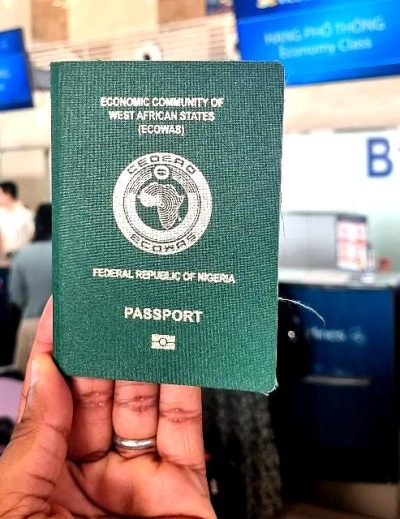
AU Summit renews the call for free movement in Africa
The recently concluded 38th African Union (AU) Summit saw renewed calls for a visa-free continent, as the African Union Commission (AUC) and the African Development Bank (AfDB) urged governments to dismantle the bureaucratic barriers that continue to restrict African mobility.
At the High-Level Strategic Dialogue on Accelerating Visa-Free Movement for Africa’s Transformation, held on February 12, key policymakers and business leaders underscored the contradiction between Africa’s regional integration ambitions and the current reality of visa restrictions.
The free movement debate: A long road
Free movement across Africa has been a long-debated topic, with slow progress despite numerous policy frameworks aimed at facilitating travel. The AU Free Movement Protocol, adopted in 2018, was designed to allow Africans to travel, work, and reside in any member state without restrictions. However, implementation has lagged due to security concerns, political hesitations, and lack of commitment from many member states.
RELATED: Ghana approves visa-free travel for all Africans
Currently, fewer than ten African nations offer visa-free access to all Africans. These include countries like Seychelles, Rwanda, Benin, The Gambia, and Ghana.
However, most visa-free arrangements exist only within sub-regions such as the Economic Community of West African States (ECOWAS), where citizens of member states can travel freely among themselves.
Ambassador Albert Mudenda Muchanga, AU Commissioner for Economic Development, Trade, Tourism, Industry, and Minerals, did not mince words: “We cannot talk about a united Africa if Africans themselves cannot move freely within their own continent. It is time for our governments to evaluate what has worked and what has not worked.”
RELATED: Kenya removes eTA requirement for African travellers
The economic case for open borders
The Africa Visa Openness Index, a joint initiative by the AfDB and the AUC, continues to show slow progress in easing travel restrictions. More than 50% of African countries still require visas from most African travelers, hindering business, trade, and labor mobility.
“If we truly believe in the AfCFTA, then free movement must be the backbone of our integration. We must align trade facilitation with mobility—because goods do not move themselves; people move them,” noted Rwanda’s Minister of Trade and Industry, Prudence Sebahizi.
The AfCFTA (African Continental Free Trade Area) aims to create the world’s largest free trade zone, but without visa-free travel, the movement of entrepreneurs, skilled workers, and traders remains a challenge.
A roadmap for change: The Visa-Free Roadshow
With mounting pressure for action, the AU and AfDB announced the 2025 Visa-Free Roadshow, a campaign aimed at engaging policymakers, businesses, and civil society to accelerate visa liberalization. The initiative will highlight success stories, demonstrate economic advantages, and push for political commitments toward open borders.
“The vision of an integrated Africa will not happen by chance. It requires bold leadership and collective commitment to dismantle visa barriers,” noted Nnenna Nwabufo, AfDB’s Vice President for Regional Development, Integration, and Business Delivery.









Leave a Reply